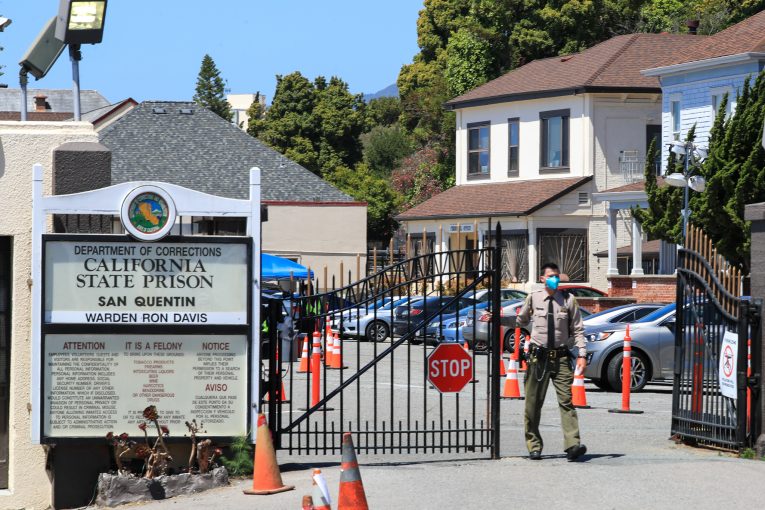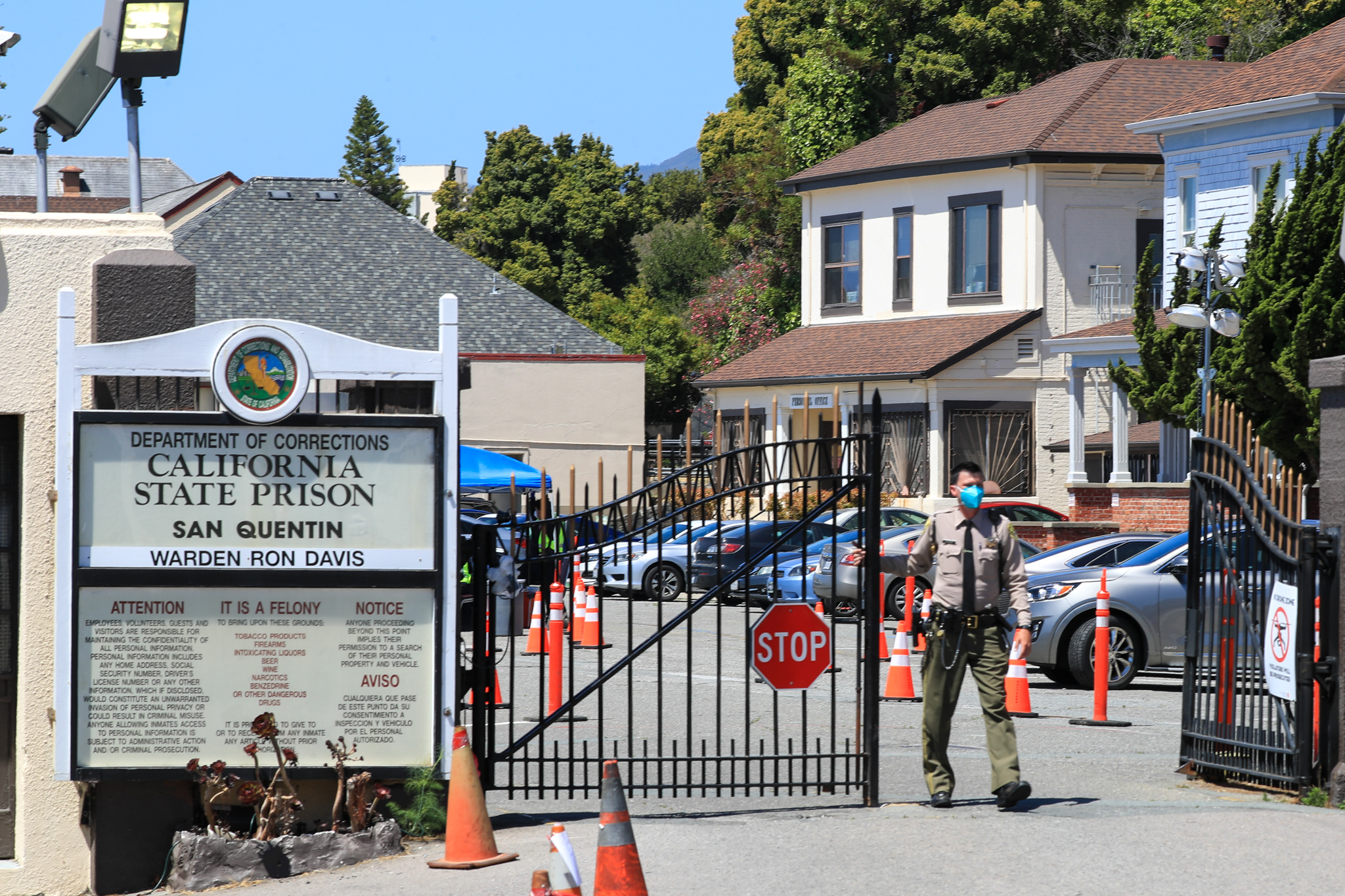

By Madison Forwood
MARIN COUNTY – California First District Appellate Court has stated that the warden of San Quentin Prison and California Dept. of Correction and Rehabilitation (CDCR) have behaved with “Deliberate Indifference and Relief is Warranted” concerning the treatment of prisoners during the COVID-19 pandemic.
The First District Appellate Court further stated, “We agree with petitioner that respondents’ failure to accompany the measures they are taking with a drastic reduction of the prison population is not reasonable.”
The appellate court concluded with, “Given the gravity of the emergency at San Quentin, the speed at which transmission of the coronavirus may take place in outdated facilities, and the ease with which it appears respondents can modify their existing policies and programs to expedite releases and transfers in accordance with the views we have expressed, this decision shall be final in this court in this court 15 days from the date is filed.”
Ivan Von Staich, an inmate at San Quentin State Prison filed a petition for writ of habeas corpus which alleged that CDCR and San Quentin Prison failed to respond appropriately to the COVID-19  pandemic by not taking the necessary, cautionary steps to create space among inmates in order to slow the spread of the novel virus.
pandemic by not taking the necessary, cautionary steps to create space among inmates in order to slow the spread of the novel virus.
The petitioner Staich claims San Quentin “violates the prohibition against cruel and unusual punishment embodied in article I, section 17 of the California Constitution and the Eighth Amendment to the United States Constitution.”
This assertion comes from the overcrowding of inmates at San Quentin, and the failure on behalf of the CDCR to decrease the incarceration population at this state prison.
Just as COVID-19 was sweeping across the nation it silently made its way into the incarceration system infecting thousands of inmates. In particular, at San Quentin about 75 percent of the inmates, and prison staff became infected with the novel virus.
Staich tested positive for COVID-19 and was quite fearful due to his preexisting condition of respiratory issues in the left lung, according to his filing.
Within the San Quentin Incarceration facility more the 2,200 confirmed positive cases of COVID-19 and approximately 28 deaths of inmates. Many of the staff at San Quentin have become infected, and even one member has passed away from the novel disease.
The appellate court opinion states, “Infections transmitted through droplets, like COVID-19, are particularly difficult to control in correctional facilities, as adequate physical distancing and decontamination of surfaces is usually impossible.”
The document further elaborates, “Prison and jail populations are at additional risk due to double celling and the existence of dormitories, dining halls, reception centers, gymnasiums, and other  congregate spaces are accessible to most inmates, including aged and chronically ill prisoners.”
congregate spaces are accessible to most inmates, including aged and chronically ill prisoners.”
CDCR has taken some precautions to slow the spread of COVID-19 through the following steps: suspending the intake of new prisoners, physical distancing training, and providing appropriate masks and face shields.
Faculty and researchers from UCSF and UC Berkley released a document titled ‘Urgent Memo,’ which includes the following statement. “There are currently 3547 people in total incarcerated at San Quentin, approximately 1400 of whom have at least one COVID-19 risk factor (as do many, unknown, staff members). This means these individuals are at a heightened risk of requiring ICU treatment and/or mortality if infected…
“Given the unique architecture and age of San Quentin (built in the mid-1800s and early 1900s) there is exceedingly poor ventilation, extraordinarily close living quarters and inadequate sanitation. We therefore recommend that the prison population at San Quentin be reduced to 50 percent of current capacity (even further reduction would be more beneficial via decarceration.)”
Many other notable names within the medical research and disease control fields expressed concerned about those incarcerated during the pandemic some even specifically mentioning San Quentin.
Both the CDCR and the San Quentin facility have resisted, and remained ignorant to the suggestions of the Urgent Memo, public health officials, and many members of the medical disease field.
The reasoning section of the appellate court opinion notes, “The respondents are presently disregarding the risk of harm and will continue to do so is also not disputed by any evidence the Attorney General has provided.”
To sign up for our new newsletter – Everyday Injustice – https://tinyurl.com/yyultcf9
Support our work – to become a sustaining at $5 – $10- $25 per month hit the link: